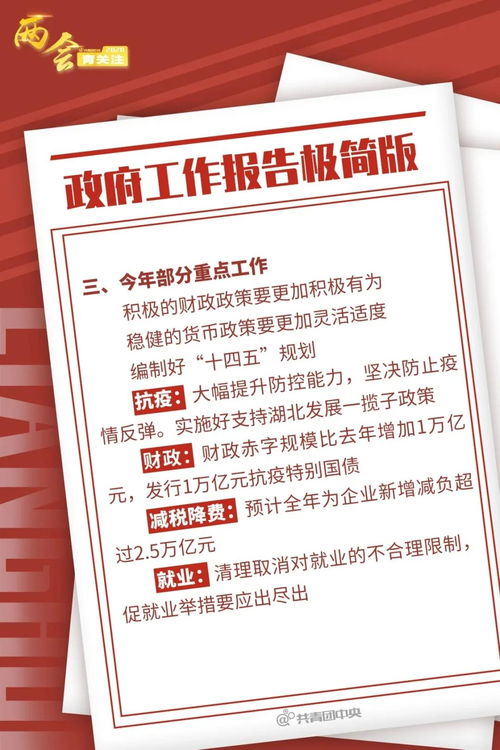14年考研英语一
Title: Strategies for Success in the 2014 National English Graduate Entrance Examination (NEEGE)
Introduction
The National English Graduate Entrance Examination (NEEGE) in 2014 posed a significant challenge for candidates aiming to pursue graduate studies in English. This exam tested not only language proficiency but also analytical skills and comprehension abilities. Success in the NEEGE demanded a strategic approach encompassing comprehensive preparation and effective examtaking strategies. In this guide, we will explore key strategies to excel in the 2014 NEEGE.
1. Understanding the Exam Structure
The first step towards success in the 2014 NEEGE is to understand its structure thoroughly. The exam typically consisted of multiple sections, including listening comprehension, reading comprehension, translation, and writing. Each section required specific skills and strategies. Candidates must familiarize themselves with the format and allocation of marks for each section.
2. Strengthening Language Proficiency
Language proficiency is the cornerstone of success in the NEEGE. Candidates should focus on enhancing their vocabulary, grammar, and syntax skills. Regular practice through reading newspapers, academic articles, and English literature can significantly improve language proficiency. Additionally, listening to English podcasts, watching movies, and engaging in conversations with fluent speakers can aid in developing listening skills.
3. Enhancing Reading Comprehension Skills
The reading comprehension section often proves challenging for many candidates. To excel in this section, adopt active reading strategies such as skimming for main ideas, scanning for specific details, and making inferences. Practice reading diverse texts, including academic articles, essays, and literary works, to improve comprehension across various topics and writing styles.
4. Mastering Translation Techniques
Translation is a critical component of the NEEGE, testing candidates' ability to convey meaning accurately between English and Chinese. To master translation, practice translating texts of varying complexity levels, paying attention to nuances in language, cultural references, and idiomatic expressions. Develop a systematic approach to translation, focusing on maintaining coherence, fidelity, and linguistic accuracy.
5. Developing Writing Skills
The writing section evaluates candidates' ability to articulate ideas clearly and coherently in English. To excel in this section, practice writing essays on a wide range of topics, adhering to proper essay structure, grammar, and vocabulary usage. Pay attention to organization, argumentation, and coherence in your writing. Seek feedback from peers or instructors to identify areas for improvement.
6. Time Management
Effective time management is crucial for success in the NEEGE, as the exam is timeconstrained. Develop a time allocation strategy for each section based on its weightage and difficulty level. Prioritize questions based on your strengths and allocate time accordingly. During the exam, pace yourself and avoid spending too much time on any single question.
7. Mock Tests and Revision
Practice mock tests regularly to simulate exam conditions and identify areas of weakness. Analyze your performance, pinpointing areas that require improvement, and adjust your study plan accordingly. Use revision techniques such as flashcards, summarization, and mnemonic devices to reinforce learning and retention of key concepts.
Conclusion
Success in the 2014 NEEGE requires diligent preparation, strategic planning, and disciplined execution. By understanding the exam structure, strengthening language proficiency, mastering key skills, and adopting effective examtaking strategies, candidates can significantly enhance their chances of success. Remember to stay calm, focused, and confident during the exam, and trust in your preparation and abilities to achieve your desired results.
References

Past exam papers and sample questions provided by relevant authorities.
English language learning resources, including textbooks, online courses, and study guides.
Guidance and feedback from experienced instructors, tutors, or peers who have successfully cleared the NEEGE.











评论